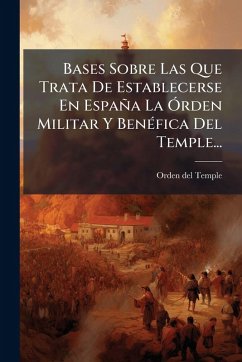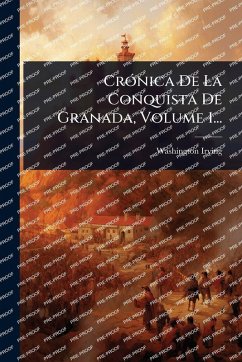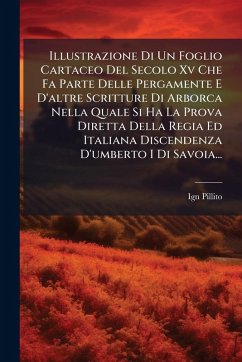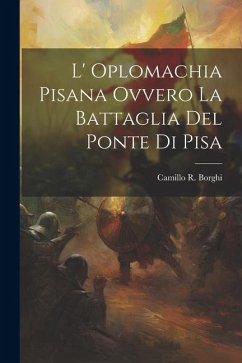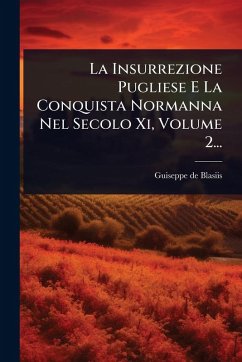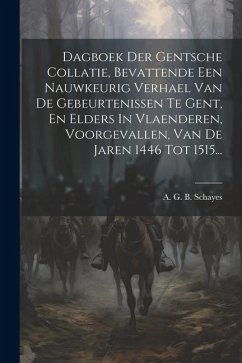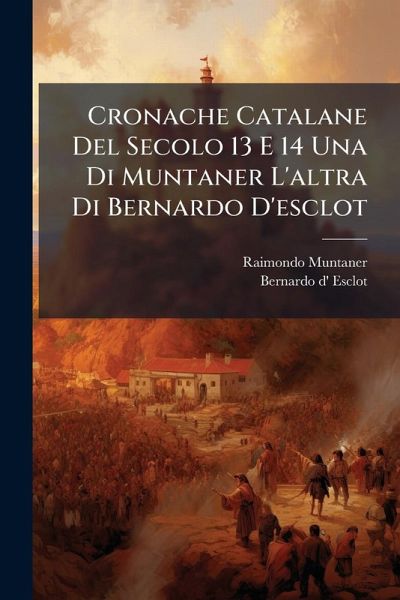
Cronache Catalane Del Secolo 13 E 14 Una Di Muntaner L'altra Di Bernardo D'esclot

PAYBACK Punkte
13 °P sammeln!
Le "Cronache Catalane del Secolo 13 e 14" offrono uno sguardo vivido e dettagliato sulla storia medievale della Catalogna. Questo volume unico, che raccoglie le cronache di Raimondo Muntaner e Bernardo d'Esclot, presenta la prima traduzione italiana di Filippo Moise, arricchita da note, studi e documenti. Le cronache narrano eventi militari e politici cruciali, fornendo preziose informazioni sulle dinamiche di potere e la vita quotidiana del tempo. Un'opera fondamentale per chiunque sia interessato alla storia medievale europea e alla cultura catalana. This work has been selected by scholars a...
Le "Cronache Catalane del Secolo 13 e 14" offrono uno sguardo vivido e dettagliato sulla storia medievale della Catalogna. Questo volume unico, che raccoglie le cronache di Raimondo Muntaner e Bernardo d'Esclot, presenta la prima traduzione italiana di Filippo Moise, arricchita da note, studi e documenti. Le cronache narrano eventi militari e politici cruciali, fornendo preziose informazioni sulle dinamiche di potere e la vita quotidiana del tempo. Un'opera fondamentale per chiunque sia interessato alla storia medievale europea e alla cultura catalana. This work has been selected by scholars as being culturally important, and is part of the knowledge base of civilization as we know it. This work was reproduced from the original artifact, and remains as true to the original work as possible. Therefore, you will see the original copyright references, library stamps (as most of these works have been housed in our most important libraries around the world), and other notations in the work. This work is in the public domain in the United States of America, and possibly other nations. Within the United States, you may freely copy and distribute this work, as no entity (individual or corporate) has a copyright on the body of the work. As a reproduction of a historical artifact, this work may contain missing or blurred pages, poor pictures, errant marks, etc. Scholars believe, and we concur, that this work is important enough to be preserved, reproduced, and made generally available to the public. We appreciate your support of the preservation process, and thank you for being an important part of keeping this knowledge alive and relevant.




